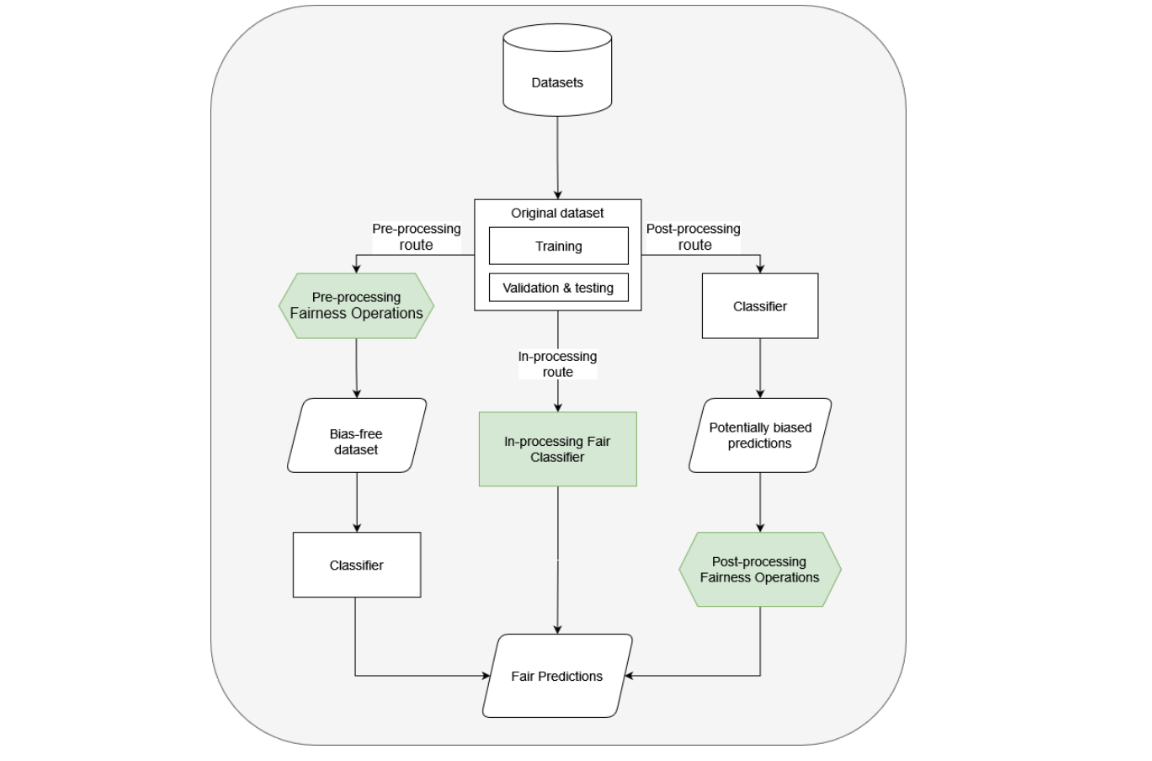Fairness-Aware Machine Learning for Credit Scoring: An Empirical Study Using Mitigation Techniques
Main Article Content
Abstract
Credit scoring is a fundamental process in the financial industry, yet conventional methods that rely heavily on historical repayment data often perpetuate existing biases and lead to unfair credit decisions. This paper investigates a suite of algorithmic decision-making techniques designed to promote fairness in credit scoring by mitigating bias in the input data and model outputs. In our study, 12 distinct bias mitigation methods—including Reweighing, Disparate Impact Remover, Learning Fair Representations, Meta Classifier, Reject Option Classification, Calibrated Equalized Odds Post-processing, Exponentiated Gradient Reduction, Adversarial Debiasing, Grid Search Reduction, Gerry Fair Classifier, along with No Bias Mitigation and Optimized Pre-processing—were systematically applied to input features from the German credit dataset. While only the first 10 techniques were fully implemented, our experimental results highlight significant variability in performance, with methods such as Reweighing, Disparate Impact Remover, and Learning Fair Representations achieving up to 100% accuracy on the evaluation metrics, whereas others, like Exponentiated Gradient Reduction, recorded notably lower effectiveness. In addition to accuracy, the evaluation metrics—encompassing factors such as average odds difference and true positive rates—serve to assess the fairness of each approach. The findings underscore the potential of fairness-aware machine learning to enhance transparency and equity in credit decision-making. Furthermore, by comparing these methods, this work provides invaluable insights for financial institutions seeking to incorporate ethical AI practices into their credit approval processes. Future work will focus on extending these techniques to other datasets and exploring integrated approaches that further balance model performance with fairness objectives.
Downloads
Article Details

This work is licensed under a Creative Commons Attribution-NoDerivatives 4.0 International License.
